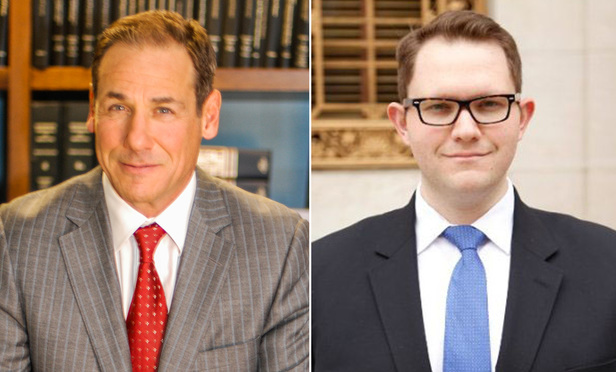The cover up is often worse than the crime. This is a familiar phrase in politics and life alike. Perhaps our child broke a window and then lied about it, or perhaps our spouse spent too much money on the credit card this month and hid the bill. But what is clear is that it is generally better to fess up to our mistakes and get ahead of them, rather than pretend they never happened, be confronted with them, and then have to dig our way out of the hole. But, often one may not heed this advice, because they are hopeful that their spouse will never notice the credit card bill, just as their child is hopeful their parent will never notice the broken window. This concept is no different at trial, when deciding whether or not to present rebuttal witnesses to the anticipated Defendant’s case, in a Plaintiff’s case-in-chief.
Take for example a medical malpractice action, where one anticipates the Defendants will present witnesses to demonstrate that the alleged conduct did not fall below the reasonable standard of care. Plaintiff’s Counsel may want to affirmatively present witnesses addressing how the conduct of the physician did fall below the standard of care, in order to present the jury with the most favorable view of the issue before the Defendants have an opportunity to present their witnesses. However, if the Plaintiff’s attorney presents those witnesses, and then it turns out that the Defendants do not present any witnesses as to that specific issue, then the Plaintiff’s attorney will have wasted time, and the jury’s patience, and more importantly will have focused the jury on a potential weakness of the case, which they did not need to know.


 Jeff S. Korek and Abraham Z. Melamed
Jeff S. Korek and Abraham Z. Melamed




